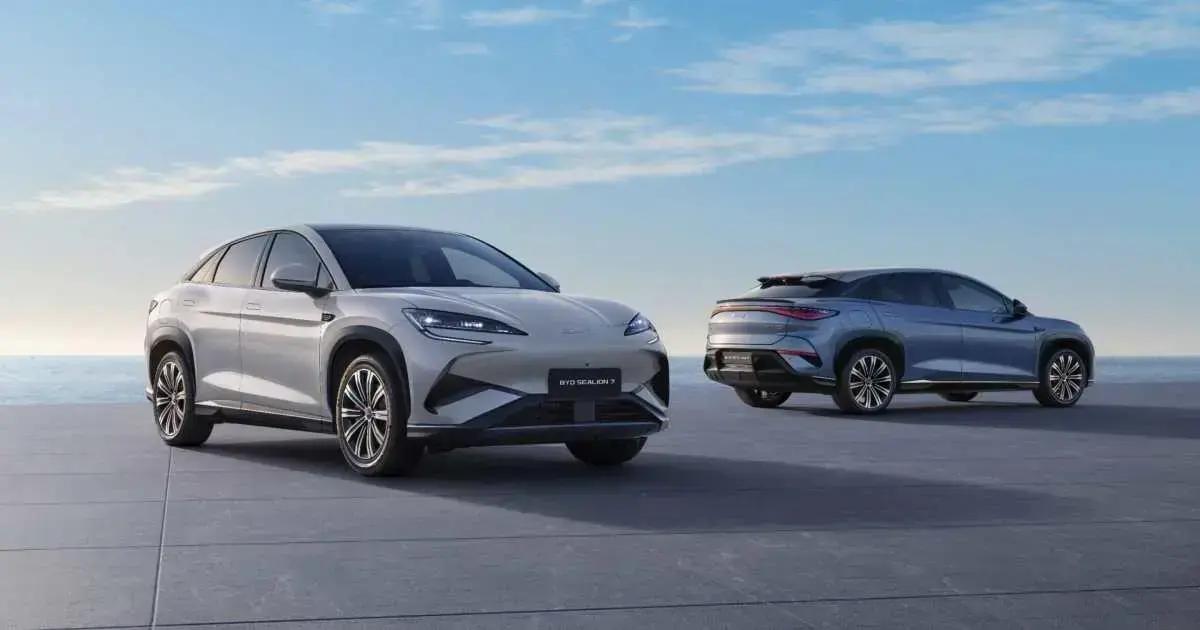The automotive industry is witnessing a significant shift towards Electric Vehicles (EVs), with sales projected to rise by 30% by 2025. This surge is driven by increasing consumer demand for sustainable transportation options and advancements in battery technology. Major automakers are investing heavily in EV production, aiming to meet the growing expectations of environmentally conscious consumers.
Electric Vehicles: A Global Trend
As countries implement stricter emissions regulations, the transition to Electric Vehicles is becoming more urgent. Governments worldwide are offering incentives to encourage EV adoption, such as tax breaks and rebates. This support is crucial for consumers considering the higher upfront costs associated with electric cars.
In addition to government incentives, the expansion of charging infrastructure is vital for the growth of the EV market. More charging stations are being installed in urban areas and along highways, making it easier for drivers to charge their vehicles. This convenience is expected to alleviate range anxiety, a common concern among potential EV buyers.
Automakers are also focusing on improving battery technology to enhance the performance and range of Electric Vehicles. Innovations in battery chemistry and design are leading to longer-lasting batteries that can be charged more quickly. These advancements are essential for making EVs more appealing to a broader audience.
Furthermore, the growing popularity of EVs is prompting traditional automakers to pivot their strategies. Companies like Ford and General Motors are committing to electrifying their vehicle lineups, signaling a shift in the industry. This trend is not only beneficial for the environment but also presents new opportunities for job creation in the green technology sector.
Challenges Ahead for Electric Vehicles
Despite the positive outlook for Electric Vehicles, challenges remain. One significant hurdle is the supply chain for critical materials used in batteries, such as lithium and cobalt. As demand for EVs increases, securing a stable supply of these materials will be crucial for manufacturers.
Additionally, the resale value of Electric Vehicles is still a concern for many consumers. While EVs tend to have lower operating costs, their depreciation rates can be higher than traditional vehicles. Addressing this issue will be essential for boosting consumer confidence in electric cars.
Moreover, the environmental impact of battery production and disposal is a topic of ongoing debate. As the industry grows, finding sustainable solutions for battery recycling and reducing the carbon footprint of production processes will be critical.
In conclusion, the future of Electric Vehicles looks promising, with significant growth expected in the coming years. However, addressing the challenges associated with supply chains, resale values, and environmental impacts will be essential for the long-term success of the EV market.
For more insights on the automotive industry’s shift towards electric vehicles, check out our article on the Indústria automotiva na China: O auge dos carros elétricos globalmente.
Via Digital Trends


